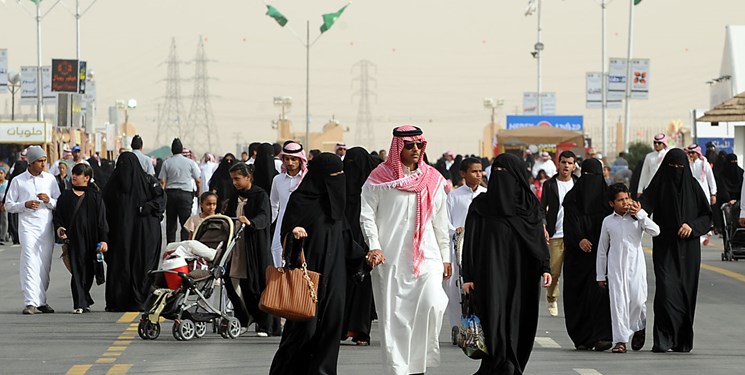The Economist Report: Some in Saudi Arabia are waiting for the emergence of someone like Ruhollah Khomeini.
A British publication reported on the Saudi government’s efforts in recent years to change the beliefs and culture of the Saudi people.
The British Economist reported on social change in Saudi Arabia since the beginning of Crown Prince Mohammed bin Salman, and wrote that Saudi officials had resorted to “forbidding the good and enjoining the bad.”
The report said that at least three sections of Saudi society were angry at the new changes that Muhammad bin Salman had begun in the country, and that only fear of repression prevented a revolt against him and a return to normalcy.
With the appointment of the Crown Prince of Saudi Arabia in 2017, Bin Salman undertook many social, economic and cultural changes, the most prominent of which is the issuance of mixing licenses between men and women in public places, women’s driving licenses and their participation in artistic and sports activities. In the economic field, efforts have been made to diversify sources of income and not be limited to oil, in this regard, several ambitious projects are on the agenda.
But while Muhammad bin Salman is trying to improve Saudi Arabia’s image in the world with these changes, his actions have been accompanied by widespread repression of protesters and the arrest of women rights activists, and his actions have been overshadowed.
The Economist went on to say that on December 30 last year, Saudi officials posted leaflets in the mosques of Mecca and Medina urging them to maintain a social distance of two meters, but it is clear that bin Salman insisted less on this. Elsewhere, nearly 700,000 young Saudis attended music concerts in four days last month, while crowds in mosques were banned under the pretext of preventing the spread of the corona. A Saudi teacher told The Economist that Saudi officials were “commanding the wrong and forbiding the good.”









